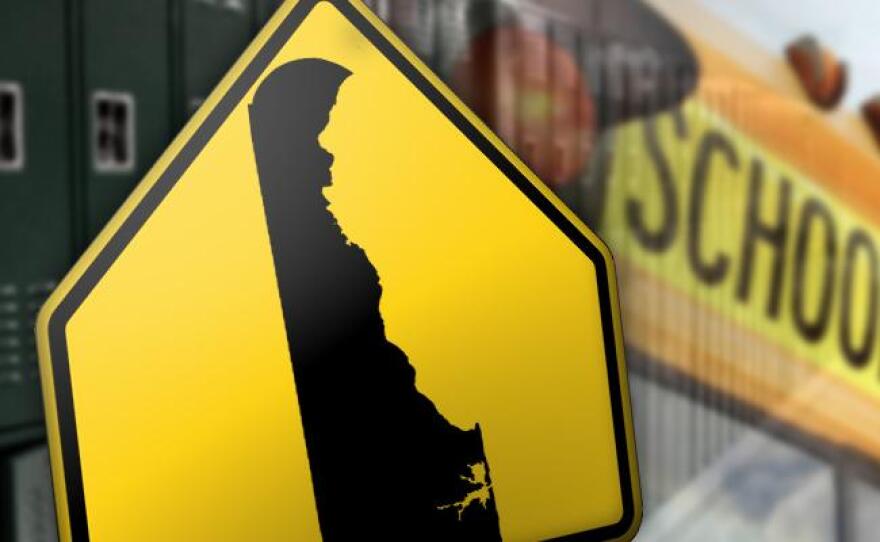Pushing his Wilmington Learning Collaborative proposal, Gov. John Carney is urging three school boards that serve Wilmington students to endorse his plan no later than at their February meetings.
The plan would create a partnership involving the state, the Christina, Brandywine and Red Clay boards of education, and the teachers’ unions in those districts to coordinate educational programming for elementary and middle schools operated by the districts in Wilmington. A new governing board, with representation from all three districts and from the community, would have primary responsibility for operating the Wilmington schools.
In a letter sent Friday to members of the school boards, Carney said he wants them to take steps to begin “exploring this partnership,” but they would not be making a commitment to sign the memorandums of understanding (MOUs) that would implement the collaborative.
The letter also contained two significant tweaks by the governor to the proposal he has been pitching for the last two months, as well as a new financial commitment.
The most significant change is that Carney is now willing to make the 2022-23 school year a “planning year” for the collaboration, rather than implementing the governance and anticipated curriculum changes eight months from now. Educators had told him that “our timeline was too compressed,” Carney wrote.
Carney’s letter also formally acknowledged concerns that his proposal does not address the learning needs of high school students who live in Wilmington. There is no traditional public high school in the city, only a vocational high school and a handful of charter and magnet high schools. Most high school students living in Wilmington are enrolled at suburban schools.
Carney repeated his prior explanation for not including high schools in the proposal, writing “we want to be careful not to try to tackle too much too quickly.” But, he added, “the high school question should be something we look at addressing.”
On funding, Carney told the school boards that he plans to add $14 million in additional spending to support low-income students to the budget proposal he will send to the General Assembly later this month.
Half of that $14 million would go toward schools that join the Wilmington Learning Collaborative; the other half would be directed toward programs recommended by the Redding Consortium for Educational Equity, a panel created to follow through and expand on previous initiatives to better serve the needs of low-income, minority and English-language learning students not only in Wilmington but throughout the state.
Carney’s proposal would create a new layer of governance directly responsible for leadership of schools in Wilmington, and would leave the details of day-to-day operations in the hands of this new governance board.
Curriculum modifications, a longer school day and school year, and greater involvement by teachers and community members in decision-making have been mentioned as likely features of the proposed arrangement.
“This plan is not perfect. It will not solve every problem. But doing nothing is simply not an option,” Carney wrote.





